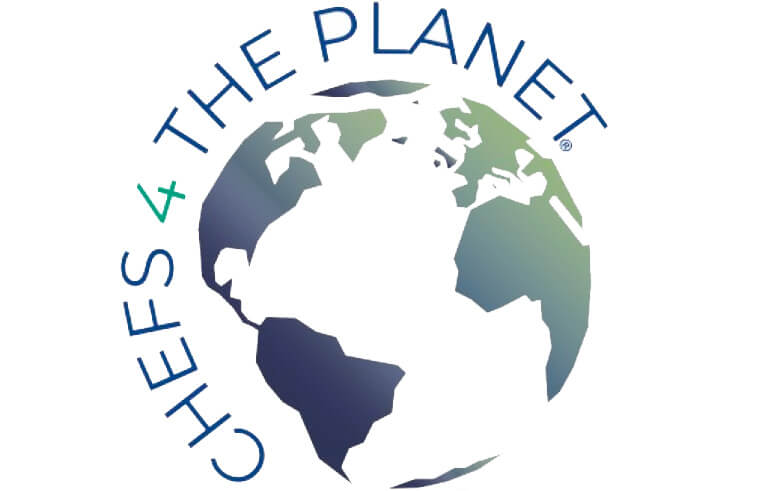Sales rose 76% last year and show no signs of slowing, fuelling environmental crisis in Amazon and Cerrado regions
Over dinner in a busy barbecue restaurant in Shenzhen, Lei Yong and Zhao Xu, two businessmen in their mid-40s, reflect on how meat consumption in China has dramatically changed in their lifetimes, particularly over the past 10 to 15 years.
“Maybe 20 years ago, people in villages and smaller cities didn’t eat much meat, but those in big cities did,” says Zhao, referring to the bustling megacity in which he and Lei are raising their families. “Now people in bigger cities are more health conscious and are eating more vegetables, but those in smaller cities have more money. Now they’re really eating a lot more meat. They think that being rich means eating more meat.”
Read the rest here: https://www.theguardian.com/environment/2021/mar/16/eating-up-the-rainforest-chinas-taste-for-beef-drives-exports-from-brazil?CMP=Share_iOSApp_Other


